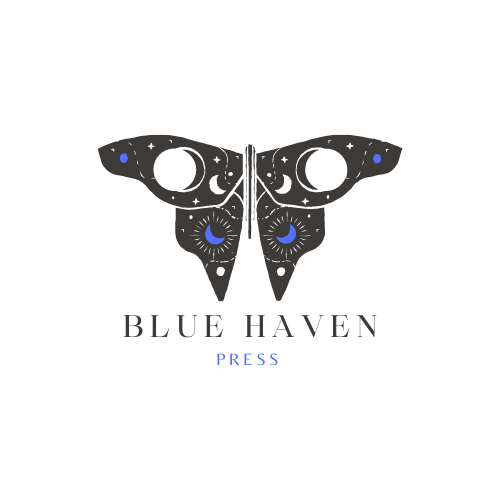via Study Proves Literature Has More Swear Words Than Ever Before
This timely article just popped up in an email from The Vancouver Writers Fest Book News. I say timely because I’ve spent the last few days rereading and revising my latest novel, To Sleep with Stones. The Swear Jar in my head is full.
 Who knew I was part of a trend? One of my characters, a “raunchy” Irish archaeologist named Sorcha O’Hallorhan uses the C (rhymes with blunt) word frequently. It’s just part of her vocabulary. Her sidekick, Magus Dubh, a blue-tattooed half-fey dwarf raised in the schemes of Glasgow, also employs colourful vocabulary. When I wrote these two characters, I let them be genuine and authentic. Characters come to me fully fledged and this is just how these two appeared and expressed themselves.
Who knew I was part of a trend? One of my characters, a “raunchy” Irish archaeologist named Sorcha O’Hallorhan uses the C (rhymes with blunt) word frequently. It’s just part of her vocabulary. Her sidekick, Magus Dubh, a blue-tattooed half-fey dwarf raised in the schemes of Glasgow, also employs colourful vocabulary. When I wrote these two characters, I let them be genuine and authentic. Characters come to me fully fledged and this is just how these two appeared and expressed themselves.
Let’s be clear: they are not me (although they do converse in my imagination).
Sorcha’s favourite word is used with more frequency and less cringing in Ireland and the UK. In fact, I was just in Ireland, and heard it used during polite conversation at the lunch table. Other friends there, tell me how much they enjoy using this word. One friend, moved to Ireland for a year and came back using it constantly. And, my beta-reader, a young woman in London, mentioned several things that bothered her during her read, but never the language. This is not to say that everyone in the UK and Ireland is walking the streets spitting out this word; it just seems more acceptable there.
So, why did I just delete it from my book? One Canadian reader told me she didn’t want to read the rest of the book because she was offended by the use of that word. That made me sad. She loved my first book and I want her to love this one too. Two others admitted that they didn’t like that word, but they loved the story. The bottom line is: I want people to enjoy my book, talk about it, and not be afraid to pass it on to their friends or admit they’ve read it. I don’t want them to cringe every few pages and get thrown by a word that triggers something (whatever that might be). And though I’m writing characters from across the pond, I’m a Canadian that writes for Canadian readers with Canadian sensibilities, as well as the rest of the world.
I’ve by no means bleached it (just deleted that one word) and I enjoyed coming up with alternate expressions. This murder mystery is still intended for adults and still contains sex, raw talk, and adult themes. It’s as real as urban fantasy can be.
On the subject of raw talk, I was enlightened by another article that separated and defined it. Who knew there were so many different categories?
- profanity (God words)
- curses (calling upon a deity)
- swearing (actually proclaiming an oath like in court)
- obscenity (anything to do with body parts or actions)
- vulgarisms (the b-words)
The newest version of To Sleep with Stones will be available soon. Meanwhile, if you’re interested in the original, I have several copies hidden in a cardboard box.

from laughtard.com

